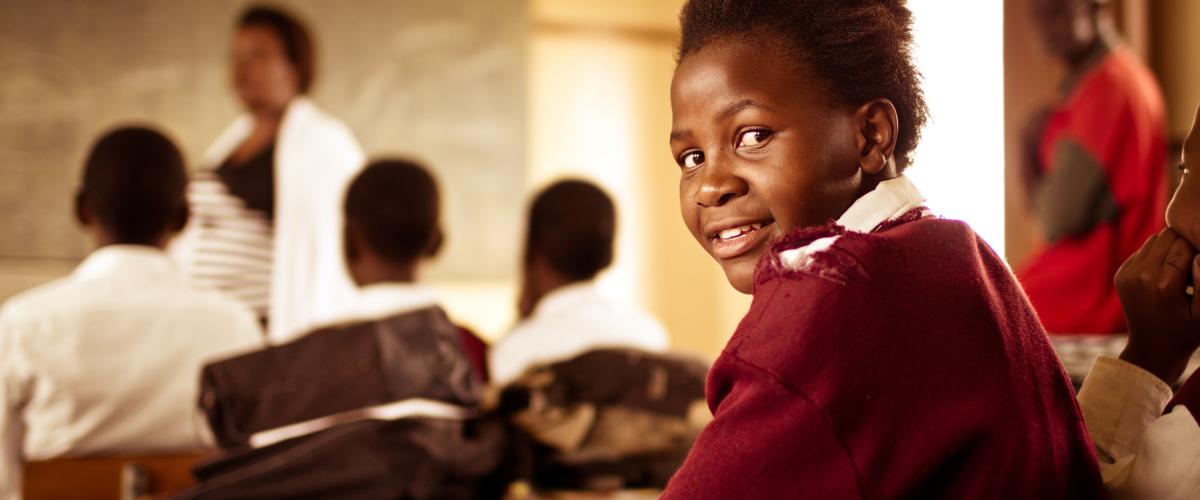In the last 10 years, the Bangladesh Rural Electrification Board (BREB) has made remarkable strides in rolling out one of the world’s most extensive rural electrification projects, providing electricity to more than 90 million individuals. While BREB’s primary focus has been on achieving universal access to electricity, this emphasis has resulted in limited investments made to fortify the network against severe weather conditions and update its administrative systems. Enhancing network resilience and flexibility—with the support of the World Bank and development partners—has emerged as a key government objective.
With financial and technical backing from GFDRR, the World Bank assisted BREB in incorporating weather-related hazard and climate risk data into the design of Bangladesh’s rural electricity infrastructure. Despite the challenges posed by limited data on specific distribution network attributes, GFDRR’s technical support has yielded invaluable insights and expertise on the integration of climate resilience into Bangladesh’s rural electrical distribution systems. This knowledge has directly influenced World Bank–funded energy projects, notably the $500 million Bangladesh Electricity Distribution Modernization Program, which is aimed at assisting BREB in developing a climate-resilient rural distribution master plan. This master plan is set to serve as the foundation for a modern, dependable, and robust power system.
In its initial phase of support, GFDRR undertook the task of mapping power infrastructure that faced exposure to climate and disaster threats, with a particular focus on cyclone-related impacts, and pinpointing areas in need of enhancement within the rural distribution network. The study provided a framework for assessing risks, conducting a cost-benefit analysis, and guiding climate-resilient power system distribution network planning. Furthermore, it underscored the significance of incorporating risk data and resilience objectives into Bangladesh’s investment prioritization.
GFDRR’s assistance provided the Bangladeshi government with valuable insights into policy frameworks and operational procedures geared toward minimizing disaster risks across various facets of the power sector, including distribution, transmission, generation, and fuel supply. This knowledge has been instrumental in strengthening capacity-building initiatives to align operations and policies with global best practices for enhancing the resilience of the power system. It has also left a notable imprint on the government’s efforts to digitalize its capabilities for monitoring and managing electricity network infrastructure. This digital transformation is expected to yield benefits such as improved customer service, enhanced safety measures, cost savings in operations and maintenance, and quicker responses during outages.
GFDRR also facilitated collaboration with international partners such as the European Space Agency. This collaboration harnessed the expertise of a consortium of Earth observation companies to perform asset-level assessments of climate risks on the highvoltage network in Bangladesh. As a result, the World Bank’s team in Bangladesh has advanced discussions with the government on the cost-effective remote monitoring of flood and landslide risks and the implementation of preventive measures for vulnerable sections of the power grid. This initiative represents an innovative application of satellite data to bolster resilience in Bangladesh.
Furthermore, with support from GFDRR, the Japan– World Bank Program for Mainstreaming Disaster Risk Management in Developing Countries is fostering potential partnerships between Bangladesh and Japanese expert counterparts. The World Bank aims to facilitate knowledge exchange between Bangladesh and its development partners, including the Tokyo Electric Power Company, to gain insights into distribution system resilience, disaster preparedness policies, and mechanisms for risk allocation. GFDRR’s support will enable the World Bank to collaborate with Japan’s Central Research Institute of Electric Power Industry to share best practices for disaster preparedness and enhance capacity building in rapid disaster response and recovery.

View more results stories from fiscal year 2023 in GFDRR's Annual Report 2023.
